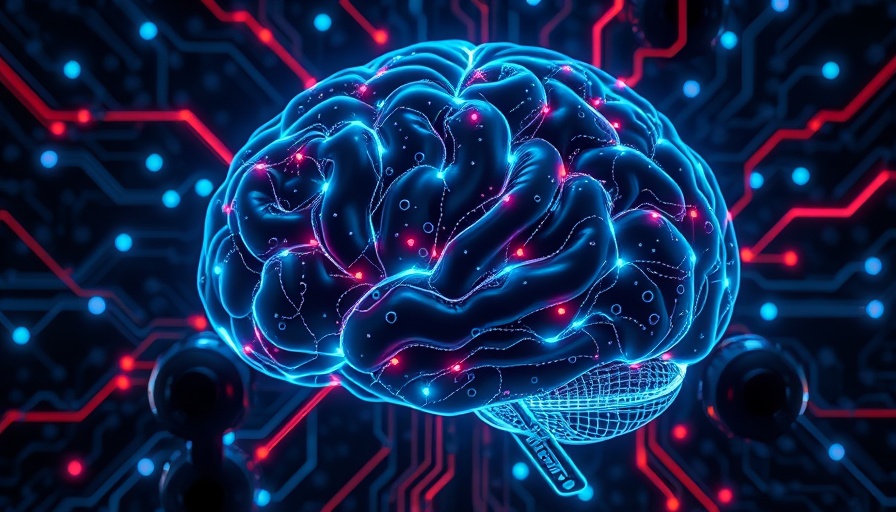
The Intersection of Psychology and Chronic Pain Management
Chronic pain is a pervasive issue affecting nearly one in five adults, enduring beyond the common remedies often prescribed by doctors. These can include back pain, migraines, and complications after cancer treatment. But while pain relief pills have long been the go-to solution, a groundbreaking study published in The Lancet posits that psychological treatments can induce physical changes in the brain, potentially offering a more effective strategy for pain management.
Understanding the Pain-Relief Mechanism
Professor Lene Vase, who led the research at Aarhus University, underlines the need for an understanding of how psychological treatments interact with the neurobiological processes involved in pain. Previous studies have indicated that psychological treatments lead to a reduction in pain perception. Yet, the mechanism behind this phenomenon remained largely unfathomed. The analysis, which reviewed existing literature, attempts to shed light on how psychological frameworks help rewire brain circuits connected to pain processing.
Cognitive Behavioral Therapy: A Significant Player
Cognitive Behavioral Therapy (CBT) emerges as a key player in this landscape. It targets automatic thought patterns that kick in when the mind is on "autopilot," a state that activates the brain’s default mode network, which is deeply intertwined with pain perception and emotional responses. The essence of CBT lies in shifting these ingrained thought patterns, allowing individuals to regain control over their emotional and pain responses.
Physical Changes in the Brain: Evidence of Effectiveness
The findings from Vase's team indicate that the neural networks governing pain can physically alter in response to psychological intervention. As patients engage in cognitive restructuring, data suggests changes occur in both brain and spinal cord pain processing pathways. This transformation hints at a complex interaction between thoughts, emotions, and pain perception—indicating that psychological treatments can go beyond coping strategies to engender tangible physiological changes.
Implications for Chronic Pain Sufferers
The implications of this research extend beyond academic interest; they bring hope to those who struggle daily with chronic pain. For many, traditional medications can offer limited relief and sometimes come with significant side effects. Thus, it is essential for both healthcare providers and patients to consider psychological treatments as viable options. Counseling, meditation, and CBT will be increasingly important elements of a comprehensive pain management plan.
Looking Ahead: The Future of Pain Management
The future of chronic pain treatment may lie in an integrated approach, combining advanced psychological intervention with traditional medical therapies. Ongoing research will be critical in defining the elements of psychological treatment that yield the most significant brain changes and developing protocols for clinical practice.
Your Path to Pain Management
If you or a loved one is grappling with chronic pain, consider exploring psychological interventions as a complementary approach to traditional treatment. Engaging with a qualified mental health professional who specializes in chronic pain can provide new methods of coping and possibly facilitate changes within critical pain-processing networks in the brain.
The journey toward managing chronic pain effectively may be much more than just medication; it could well involve reshaping how your mind interacts with your pain. This pivotal study highlights the importance of psychological approaches in treating chronic pain, bringing forth a new era of understanding and treatment possibilities.
 Add Row
Add Row  Add
Add 




Write A Comment